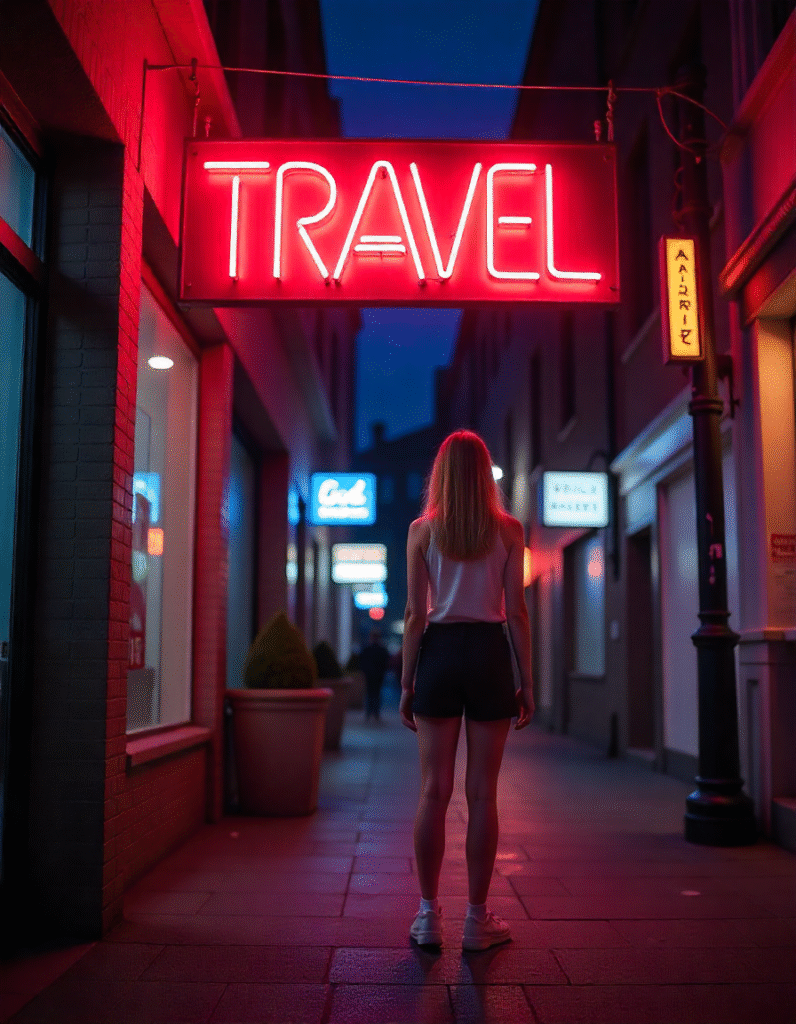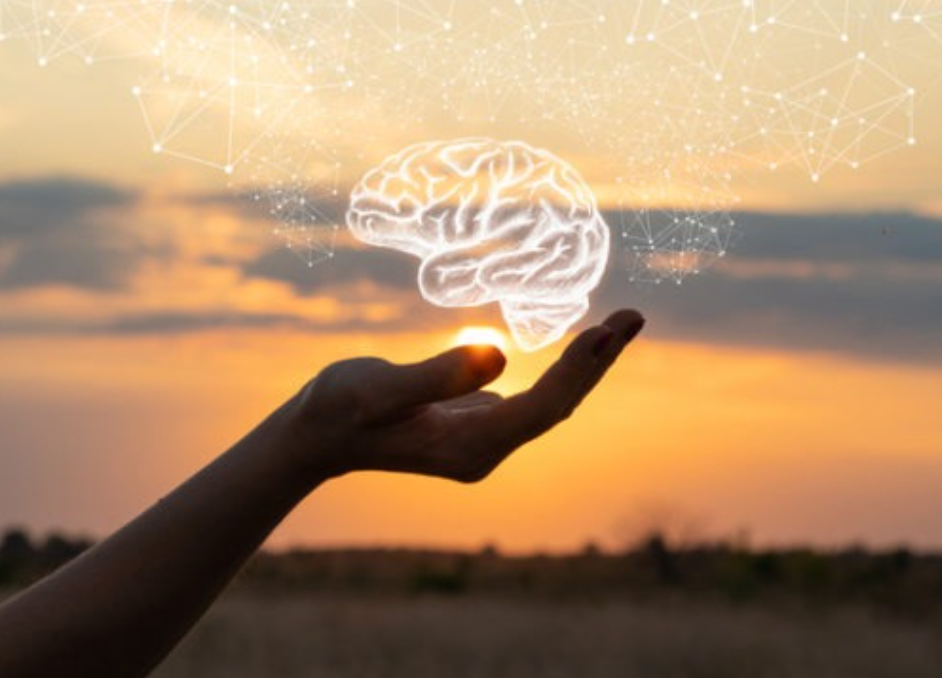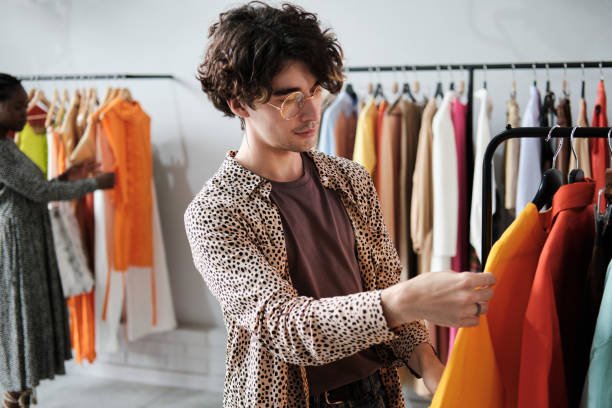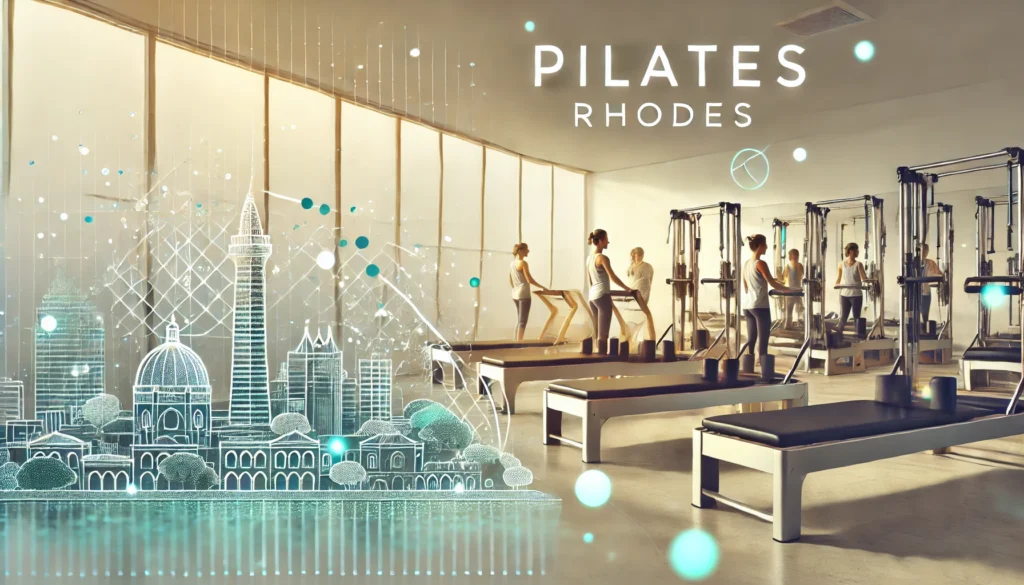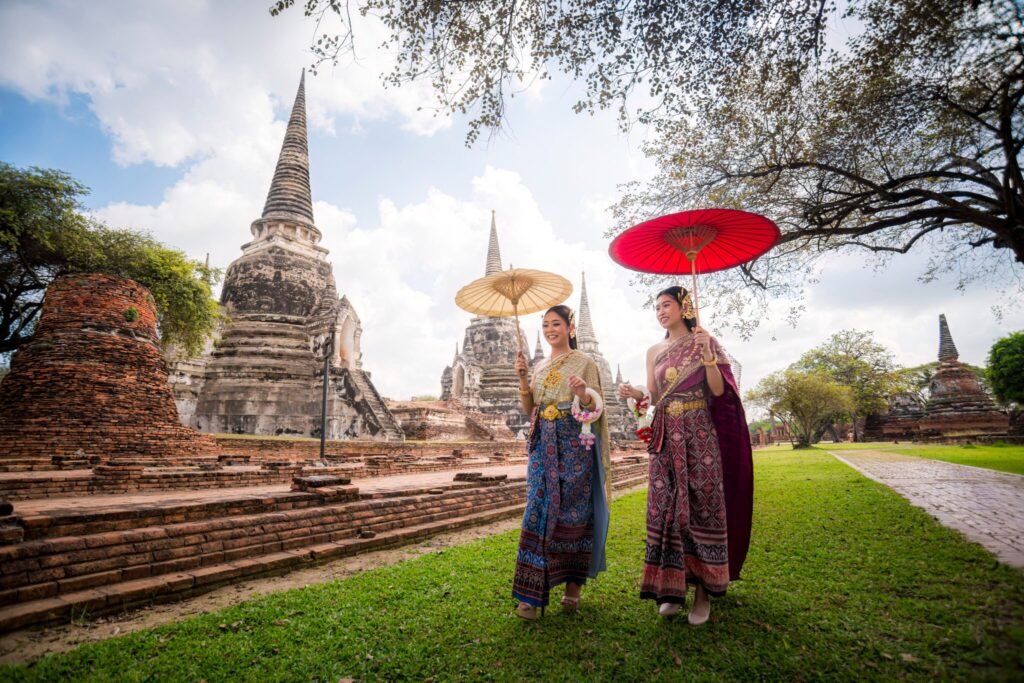Lifestyle is a word often tossed around casually, yet in many ways, it defines who we are. It is not only about fashion choices, weekend hobbies, or fitness routines—it is about how we live every single day, how we spend our time, and what values guide our decisions. In 2025, conversations around lifestyle have shifted dramatically. The modern world, with its relentless pace and constant technological evolution, has made people reconsider what it truly means to live well.
Only a generation ago, lifestyle was often associated with visible status symbols—cars, clothes, homes, and luxury experiences. While those elements still play a role, today’s definition of lifestyle has broadened. People are increasingly drawn to balance, authenticity, and sustainability rather than constant displays of wealth. This change has not happened overnight; it reflects deeper shifts in culture, economy, and global awareness.
A key driver of this transformation is technology. Smartphones, wearables, and digital platforms shape how we eat, sleep, work, and socialize. Many people now track their steps, monitor sleep quality, or count calories with the help of apps. Work schedules are often managed by online calendars, while friendships are maintained through digital messages and video calls. Technology is no longer a separate part of life—it is woven into the daily fabric of living. Yet, this heavy reliance on digital tools has also triggered a counter-movement: the desire to unplug. Weekend digital detox retreats, phone-free dining experiences, and mindfulness practices are gaining popularity as people seek balance between being connected and being present.
Another strong influence on lifestyle is the growing awareness of health and wellness. The modern idea of health goes beyond just avoiding illness; it encompasses mental clarity, emotional resilience, and physical vitality. People are embracing plant-based diets, personalized nutrition plans, and functional fitness routines rather than one-size-fits-all programs. The popularity of yoga, meditation, and breathwork has grown globally, not only as exercise but as tools for grounding and stress relief. The pandemic years of the early 2020s accelerated this trend, reminding people that well-being is fragile and requires proactive care.
Sustainability has also become inseparable from lifestyle choices. Younger generations, in particular, place high value on eco-conscious living. From the clothes they wear to the products they purchase, sustainability guides decisions. Thrifting, slow fashion, renewable energy use, and reducing plastic waste are no longer niche practices but mainstream habits. Even travel has shifted—eco-tourism and carbon-conscious journeys are replacing purely indulgent trips. People want experiences that enrich them personally while minimizing harm to the planet. In essence, lifestyle is increasingly viewed as a reflection of responsibility, not just individuality.
Work-life balance, once a catchphrase, has become a defining element of lifestyle conversations. Remote and hybrid work models have given many professionals the freedom to redesign their days. For some, this means working from a quiet home office; for others, it means carrying their laptops to different cities or even countries, adopting the “digital nomad” lifestyle. The freedom is liberating, but it comes with new challenges. Without clear boundaries, work can bleed into personal life. Managing time, prioritizing relationships, and protecting mental health are now critical skills.
Interestingly, lifestyle is also shaped by community and belonging. In a world where people are often physically separated, there is a renewed emphasis on shared experiences. Local farmer’s markets, co-living spaces, book clubs, and fitness groups are examples of how people create connections beyond screens. The idea is simple: lifestyle is not only about the individual but about the communities we choose to build and nurture.
Travel remains one of the most aspirational aspects of lifestyle, but it too has changed. The post-pandemic traveler values authenticity over excess. Instead of crowded tourist hubs, many seek cultural immersion, local traditions, and meaningful interactions with residents. Slow travel—spending more time in fewer places—has become a way to enrich experiences while reducing environmental impact. Travel is no longer about checking boxes on a list; it is about stories, personal growth, and perspective.
Creativity is another rising pillar of lifestyle in 2025. Platforms that enable people to create—whether it’s writing, photography, digital art, or home projects—have opened opportunities for self-expression. Lifestyle today often includes a creative outlet, not necessarily for fame or money but for fulfillment. A balanced life is not just about productivity; it is about carving out time for things that spark joy and curiosity.
Money, of course, still influences lifestyle, but the focus has shifted from sheer accumulation to purposeful spending. People increasingly ask: does this purchase add value to my life? Does it align with my values? The minimalism movement has had a lasting impact here. Owning less but choosing carefully has become a quiet but powerful lifestyle philosophy. Even luxury markets have adapted, with brands emphasizing craftsmanship, heritage, and sustainability rather than sheer opulence.
One cannot overlook the role of mental health in lifestyle discussions today. Anxiety, burnout, and digital fatigue are real challenges, especially in urban environments. Seeking therapy, practicing mindfulness, or adopting stress-management techniques is no longer stigmatized. In fact, mental wellness is viewed as a foundation of a healthy lifestyle. Conversations around sleep quality, balanced routines, and emotional intelligence reflect a shift toward holistic living.
The future of lifestyle will likely continue along these paths—more integrated technology, greater focus on sustainability, deeper concern for wellness, and an evolving relationship with work. But at its core, lifestyle in 2025 is about choice. The choices people make about food, travel, work, relationships, and environment create not just routines but identities. Unlike in the past, when lifestyle was dictated largely by status and conformity, today it is about intention. Living deliberately—aligning actions with values—is perhaps the truest marker of a modern lifestyle.
In this sense, the conversation around lifestyle has come full circle. It is not just about trends, possessions, or appearances, but about meaning. A good lifestyle is one where health, relationships, work, and purpose coexist in harmony. It is one where individuals feel not only successful but fulfilled, not only connected but present, not only productive but alive.


